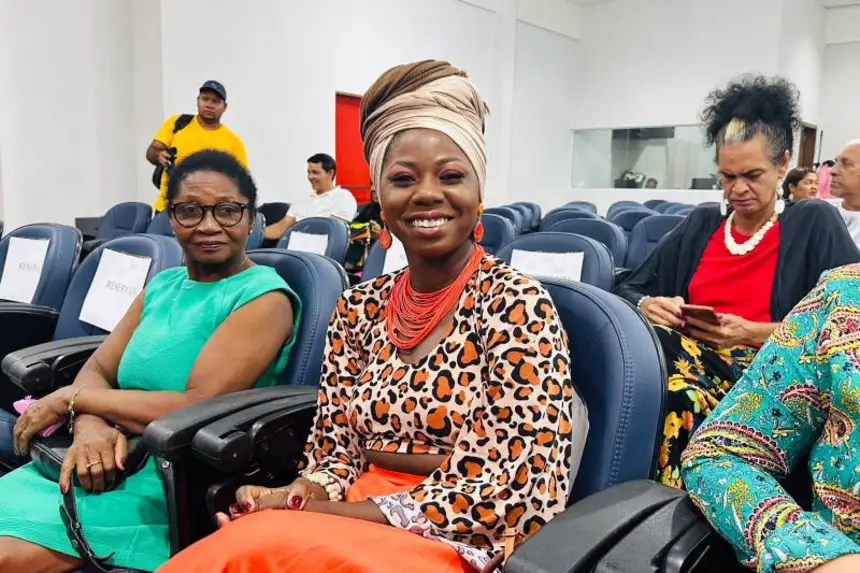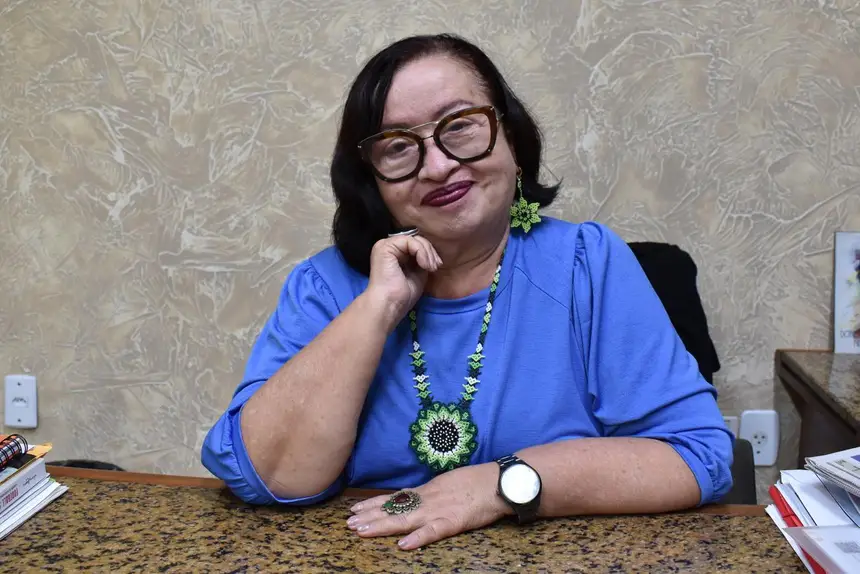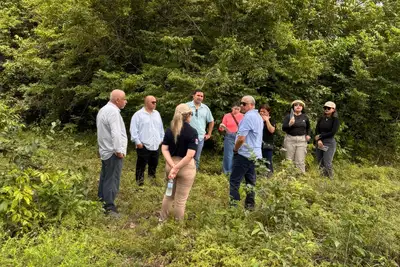Government of Pará celebrates July 25 with advances in policies for black women
Date is a recognition of the history of struggles and resistance of black women

Strength, resistance, and resilience. These three words well define what July 25 represents for all those who fight for the promotion of racial equality in the country. On this date, the National Day of Tereza de Benguela and Black Women in Brazil is celebrated, and it is also considered the International Day of Afro-Latin American and Caribbean Women.
When talking about black women in the country, including in the Amazon region, it is impossible not to think about erasures, pains, and the various stories of racism and sexism. But it is also a story of struggles and achievements. In this sense, the Government of Pará, through the Secretary of Racial Equality and Human Rights (Seirdh), seeks to ally itself with this struggle in order to promote the necessary conditions for increasingly implementing racial equality policies.

The coordinator of Racial Equality at the Secretary, Roberta Sodré, recalls the significant role of black women in the construction and maintenance of the country. “It is essential to think about how many black women have already worn themselves out to create this society, but what do they deserve today? This date is also to think about this deserving, this recognition of the struggle from the moment we honor each other, march together, look at each other with this grandeur and understand that, beyond suffering, there is a humanity that needs to be redefined, just as happens with Tereza de Benguela, whose story is enunciated on this July 25, but also to recognize that this National Day of Black Women is actually a day of reparations,” she explains.
In this way, there is a significant advancement in public policies aimed at the black population in general, specifically regarding black women, it can be perceived that policies, from educational to health policies, have enabled these women to have mobility within the social scenario. Many black women are now being assisted by these public policies, which allows them to conceive their rights to housing, dignity, education, and the job market.

The head of Seirdh, Edilza Fontes, emphasizes that the Secretary has projects and policies aimed precisely at this employability, at black entrepreneurs and how this black woman who is also in the territory can profit from afro-tourism. “There are also policies aimed at thinking about acquiring knowledge with our partners. Furthermore, it is also essential to think about how open we are to dialogue. Some public policies already exist, but we are also willing to assist in some social manifestations. We are available, whether as interlocutors or executors of a particular policy for whatever these black women need,” points out the manager.
Concurrently, on June 2, State Law No. 11,010, dated May 30, 2025, was published in the Official State Gazette, which established July as the month “July of Black Women” in the official calendar of events of the State of Pará. The law stipulates that during the mentioned period, the State Executive will implement campaigns aimed at raising awareness and educating the Pará population about the need to overcome gender and racial inequalities, highlighting a political agenda for black women.
On July 20 and 21, Seirdh held the event “Negras Ribeironas” on the island of Cotijuba. The initiative was organized in partnership with the Network of Black Cyberactivists – Pará Nucleus, the Terreiro Casa de Mãe Erondina, Carimbó Volta ao Mundo, and local and national committees of the March of Black Women. The meeting sought to celebrate, debate, and strengthen the protagonism of black women in the anti-racist and feminist struggle in the Amazon.
5th State Conference on the Promotion of Racial Equality
Still in the sense of strengthening public policies within the state, the Government of Pará, through Seirdh, will hold the 5th State Conference on the Promotion of Racial Equality (Coepir) on August 20 and 21. Before that, Seirdh was present at municipal conferences providing the necessary support to the 27 Pará municipalities that showed interest in participating in the state stage by electing their delegates and signaling their intention to join the National System for the Promotion of Racial Equality (Sinapir).
The director of Racial Equality at Seirdh, João Corrêa, explains that this will also be a moment about policies aimed at black women. “The state conference is an important moment for this. This moment will bring together all these leaders, these people who build the day-to-day lives of women. And we will also debate policies for both the state of Pará and Brazil,” he emphasizes.
The Coepir is a preparatory stage and will elect the delegates who will represent Pará at the 5th National Conference on the Promotion of Racial Equality (Conapir), from September 15 to 19, in Brasília (DF), which will gather delegates from all regions, representatives of the public power and civil society.
From Tereza de Benguela to Nilma Bentes
Queen Tereza, as Tereza de Benguela became known, lived in the 18th century in the Vale do Guaporé, in Mato Grosso, and led the Quilombo de Quariterê. Tereza was a revolutionary and adopted an organizational system responsible for maintaining the quilombo, which sheltered blacks and indigenous people for two decades. Under Queen Tereza's command, the sustenance of the quilombolas came from agriculture. Visionary, Tereza knew that this structure would be responsible for maintaining the Quilombo, which resisted under her leadership until 1770, when she was arrested and killed by the colonizers Bandeirantes.
Almost three centuries have passed, and the struggle of Brazilian black women continues. In Pará, among many other strong and combative women, agronomist Nilma Bentes, born in the Pará capital, Belém, is one of the founders of the Center for Studies and Defense of Black People of Pará (Cedenpa) and co-founder of the Network Fulanas NAB - Black Women of the Brazilian Amazon.
Nilma Bentes is also the idealizer of the National March of Black Women, which this year will take place on November 25 in Brasília (DF). The first edition occurred in 2015. However, the year before, on May 18, the first Amazonian city to launch the March of Black Women was Belém. With the presence of around two thousand people, the march took place around the Praça da República. This protagonism is attributed to a series of factors ranging from access to information to communication facilities for mobilization.
This year, the State March of Black Women will be held this Friday, July 25, in Belém, starting at 6 PM. The route begins at the Escadinha do Cais do Porto, at the Estação das Docas, in the Campina neighborhood, and ends at the Quilombo da República, in Praça da República.
Text by Fernanda Graim / Ascom Seirdh









